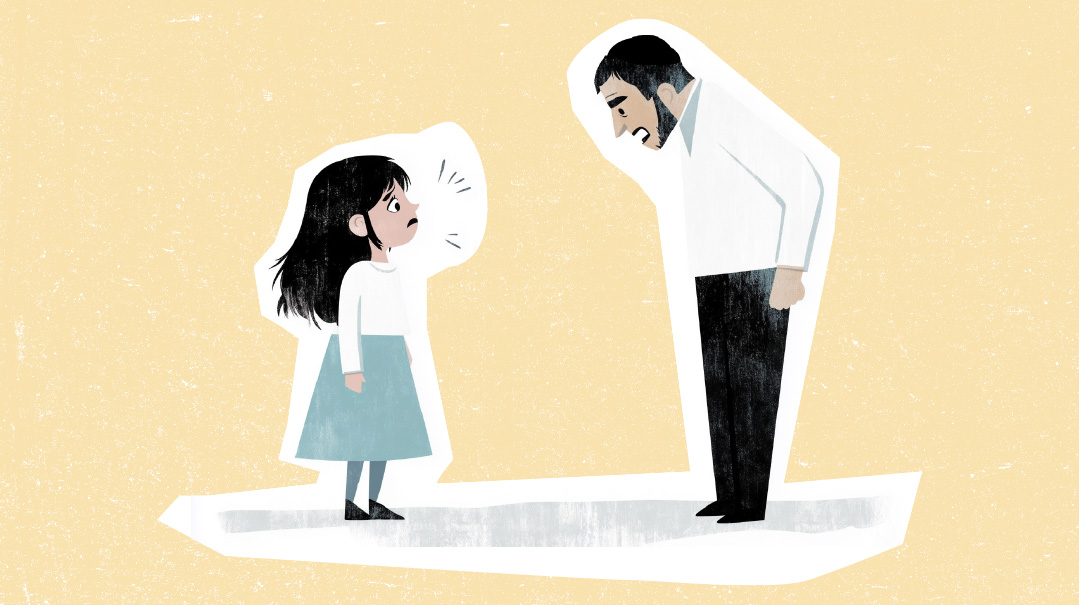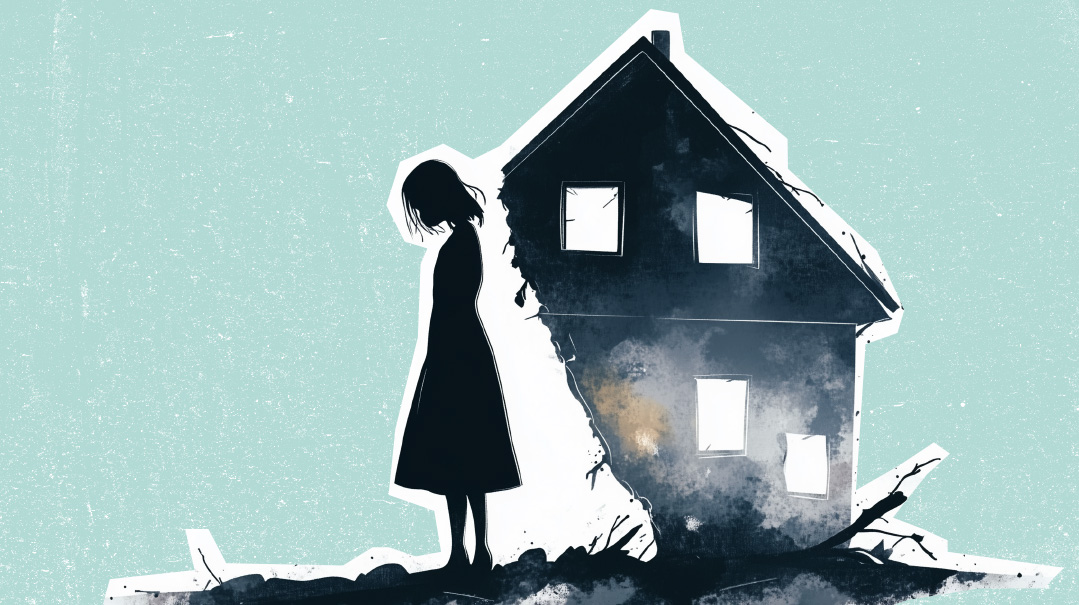“Do I Deal with My Past Before I Date?”

Painful childhood experiences can have a lasting impact on lifelong functioning

Q:
Hi, I’m a girl in shidduchim and have a question that’s been nagging at me for a while now. I grew up in a home with more than a few challenges. My father has an undiagnosed mental illness. I tried therapy to get past my trauma, but made little progress. Now that I’m in shidduchim, I’m wondering: Is it irresponsible, and even unfair to my future husband, (and to myself) if I don’t do something about my past now? Overall, I believe I’m doing very well emotionally.
Thank you for your time.
A:
This is a great question! The fact that you ask it shows you understand that painful childhood experiences can have a lasting impact on lifelong functioning. You’re aware that things are fine for you now, but that the complexity and demands of marriage and parenting might trigger vulnerabilities that currently lie below the surface. You don’t want to ruin anyone’s life, including your own!
Parental emotional challenges affect children in three ways:
Children can be wounded by parental invalidation, discounting, rejection, neglect, and abuse. These wounds can result in trauma syndromes ranging from simple oversensitivity to borderline personality disorder, complex post-traumatic stress disorder, dissociative disorders, depression, anxiety, and physical health problems.
During the stage of life where brain patterns are being installed (learning is occurring), children are receiving a model of inadequate emotional and/or behavioral functioning. Living with, and watching, an unhealthy parent teaches unhealthy beliefs, emotional reactions, and personal conduct.
At the same time, children are denied the opportunity to learn what healthy thoughts, emotions, and behavioral functioning looks like. They leave childhood with a distorted repertoire of personal and interpersonal emotional skills and a lack of knowledge of appropriate ones.
To illustrate the consequences of these negative effects, let’s imagine that a 28-year-old mother has discovered that her five-year-old child has just cut the three-year-old’s hair. In our example, Effect #1 — her emotional wounds — cause her to feel like a failure for having a child who behaves so badly. Feelings of shame, worthlessness, helplessness, and panic flood her, causing a fight-or-flight reaction. She terrorizes her little girl as she screams: “WHAT DID YOU DO?!”
Effect #2 causes the mother to smack the child across the face, since the model she received of “discipline” was simple violence.
Due to Effect #3, she has no clue what other sorts of interventions she could call upon to ensure that her daughter’s mental health stays intact while the youngster learns that cutting hair is a prohibited activity. As the mother continues to raise her family in this way, she harms her children (and herself as it’s very possible that she’ll have impaired relationships with her husband and children).
This isn’t the future you want for yourself, and so you’re wondering if you should try therapy again. To explore that option, let’s consider what typically happens at the beginning of the therapy process.
Usually, a person comes to therapy to help resolve a troubling issue — a pervasive sadness, a phobia, a relationship issue, and so on. Naming this issue helps the therapist work together with the client to create a therapeutic goal such as “be able to speak in front of 50 people or more” or “be free of my nightmares” or “feel happier and less anxious than I feel now.”
We don’t “work on trauma” but rather we work on the effects of trauma, such as fearing intimacy, having anger issues, feeling numb, struggling with addictions, and so on. These problems all translate into achievable goals.
As you say you’re currently doing well, you will want to carefully consider what “problem” you would want help in addressing with a professional. Do you sometimes feel depressed or anxious? Are you having issues with authority figures like your bosses? Do you experience intrusive thoughts?
If, despite your family background, you’re currently in an emotionally good place, then perhaps therapy isn’t what is needed right now. Maybe, in order to prepare for a healthy family life, reading parenting and marriage books and attending marriage and parenting classes and workshops can give you the skills you need to manage the challenges of family life.
If, when you get married, you feel less content and more troubled, or you find that you can’t apply what you’ve learned in your family-life studies, then you can go to therapy with the goal of finding more peace or removing the blockages that interfere with successfully employing your knowledge.
Have a question for Mrs. Radcliffe? Send your queries about parenting or personal growth to familyfirst@mishpacha.com.
(Originally featured in Family First, Issue 767)
Oops! We could not locate your form.





